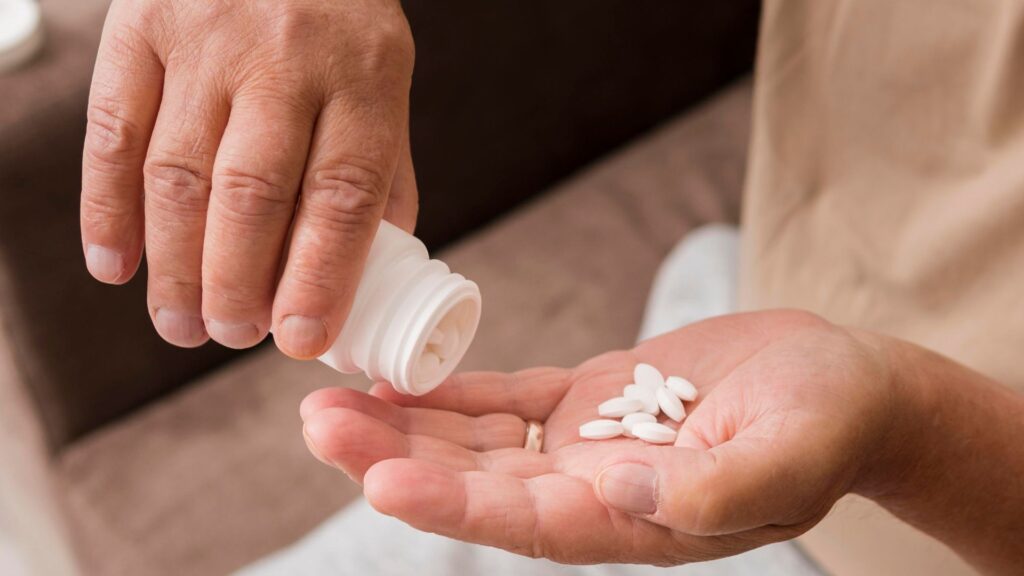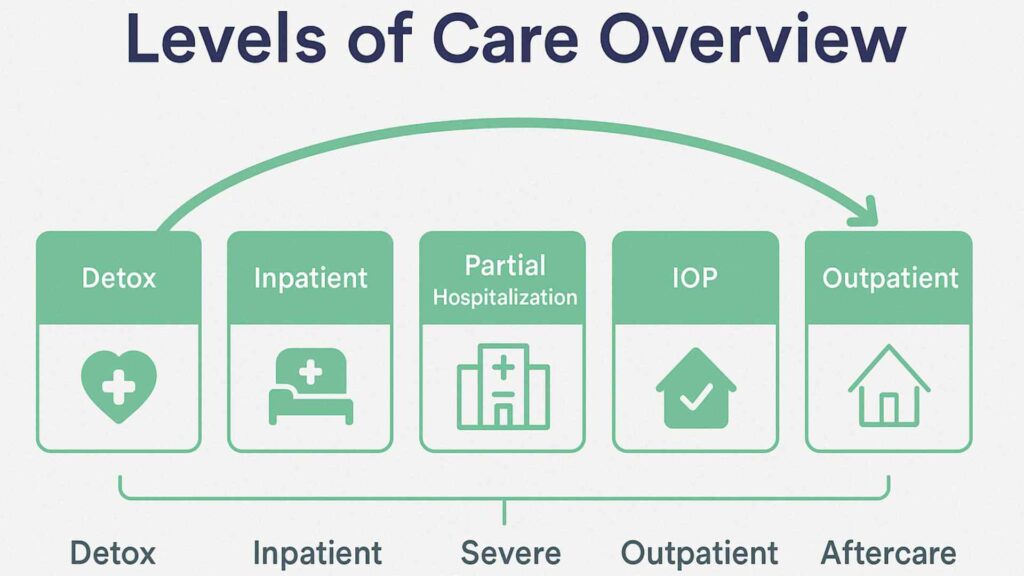The holiday season often brings opportunities for connection and celebration, but it can also create unique challenges for individuals in recovery from substance use disorders. Factors such as increased exposure to alcohol at gatherings, heightened family dynamics, financial pressures, and disruptions to daily routines can increase vulnerability to relapse. Stress and changes in environment are among the most common triggers for setbacks in recovery, making preparation essential during this time of year.
This article lists down evidence-based strategies for building a relapse prevention plan, offering practical tools to manage risks, strengthen coping skills, and maintain long-term sobriety throughout the holiday season.

Recognizing Holiday Triggers
Relapse risk often increases during the holidays because of specific stressors. Emotional triggers, such as loneliness, grief, or anxiety, may resurface when expectations are high or family dynamics feel tense. Social events that normalize drinking or drug use add further temptation, while the disruption of daily routines can create vulnerability.
Even advertising and cultural traditions may glamorize alcohol, making it important to recognize these external pressures. Identifying these risks early allows you to incorporate them into a relapse prevention program, ensuring you have strategies in place to manage them effectively.
Strengthening Your Support Network
A reliable support system provides stability during high-risk periods. Regular contact with trusted friends, family members, or recovery peers reinforces accountability. Attending support group meetings more frequently, whether in person or online, can strengthen motivation and provide a safe space to process challenges.
Many communities also host sober holiday events, offering opportunities to connect with others who share similar goals. Staying engaged with your network reduces isolation and helps maintain perspective when stress arises.
Setting Boundaries With Confidence
Boundaries protect recovery when holiday gatherings involve alcohol or other triggers. Communicating your needs clearly, such as declining offers to drink, sets expectations and reduces pressure. Limiting time at events where substance use is prevalent can further minimize risk.
Boundaries are not about avoiding loved ones, they are about creating an environment where sobriety is respected. Pairing firm boundaries with regular check-ins from your support system strengthens your ability to stay on track.
Choosing Meaningful Alternatives
Finding joy in sober-friendly activities is key to preventing relapse. Volunteering at local animal shelters or food banks, outdoor recreation, or creative hobbies provide healthy outlets for stress while reinforcing a sense of purpose. Hosting or attending substance-free gatherings ensures a safe environment and builds new traditions that align with recovery.
By planning alternatives ahead of time, you can focus on connection and celebration without exposing yourself to unnecessary risks.
Practicing Daily Self-Care and Mindfulness
Consistent self-care helps maintain balance throughout the holidays. Prioritizing sleep, nutrition, and exercise supports both physical and emotional health. Mindfulness strategies such as meditation, journaling, or breathing exercises improve stress management and reduce cravings.
Establishing a routine that incorporates these practices provides stability and reinforces resilience, even when external circumstances feel unpredictable.

Planning for Travel and Events
Holiday travel and large gatherings can introduce new stressors. Preparing in advance, such as booking sober-friendly accommodations, arranging transportation, or setting exit strategies, reduces the likelihood of unexpected triggers.
Bringing your own non-alcoholic beverages or attending with a supportive friend can also help you stay grounded. By anticipating potential challenges, you maintain greater control over your recovery environment.
Managing Finances and Holiday Stress
Financial strain during the holidays is a common but overlooked relapse trigger. Overspending or debt-related stress can heighten anxiety and feelings of failure. Setting a realistic budget, focusing on meaningful rather than material gifts, and communicating financial boundaries with family can ease pressure. Managing holiday stress in practical ways supports overall emotional stability and reduces relapse risk.
Final Thoughts from Abundance Treatment
The holiday season can be one of the most difficult times to maintain sobriety, but with intentional planning, self-awareness, and consistent support, recovery can remain strong. Recognizing holiday-specific triggers, setting healthy boundaries, engaging in sober activities, and practicing regular self-care are all key steps in preventing relapse. With preparation, it is possible to experience the holidays in a safe, meaningful, and sober way.
At Abundance Treatment in Toledo, Ohio, our addiction specialists work closely with adults and adolescents to develop personalized relapse prevention strategies that address the unique challenges of the holiday season. By tailoring care to each individual’s needs, we help ensure recovery is supported during this vulnerable time and sustained long after the holidays are over




































